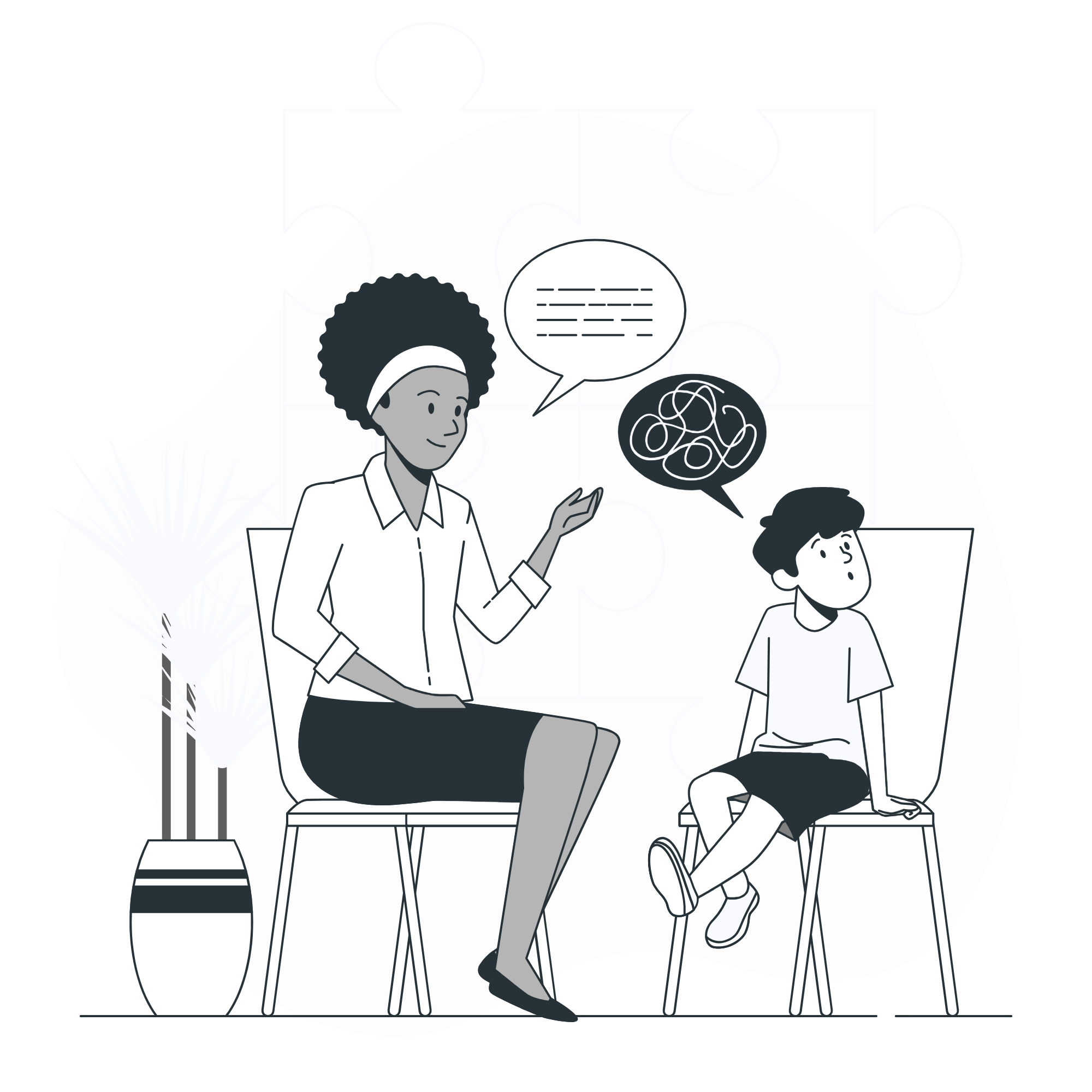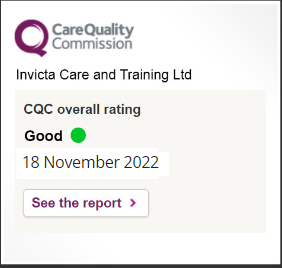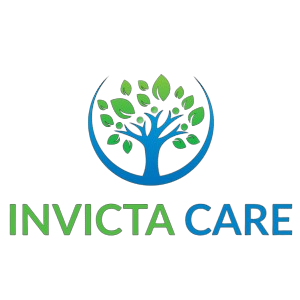Services

We can
help you
with


Personalized Care Plans
Our personalized care plans are tailored to meet the unique needs of each senior resident.

Emotional Support and Therapy
Trained caregivers provide compassionate emotional support and encouragement to individuals struggling with mental health issues.

Nutritional Support and Meal Planning
For individuals with eating disorders, caregivers offer specialized nutritional support and assistance with meal planning.
Services For Everyone
Our Special Services

Learning Disability
We provide specialized support to individuals facing challenges like dyslexia, acknowledging the potential for this learning disability to profoundly hinder reading and comprehension abilities, despite their intelligence and access to education

Substance Misuse Problems
We provide tailored assistance to individuals grappling with substance misuse problems, recognizing the debilitating impact these issues can have on their lives despite their resilience and access to resources.

Eating Disorders
We offer personalized assistance to individuals dealing with eating disorders, understanding the profound effects these conditions can have on their well-being despite their resilience and access to support.

Mental Health Conditions
We deliver personalized support to individuals navigating mental health conditions, acknowledging the significant challenges these disorders can pose on their daily lives despite their resilience and access to resources.

Physical Disabilities
We provide individualized support to those facing physical disabilities, recognizing the substantial barriers these conditions can present in daily life, despite their resilience and access to support services.

Sensory Impairments
We offer personalized assistance to individuals coping with sensory impairments, acknowledging the considerable obstacles these challenges can pose in daily life, despite their resilience and access to resources.
Assistant Care Services: Empowering Lives, Enhancing Well-being
-
Learning Disability
-
Substance Misuse Problems
-
Eating Disorders
-
Physical Disabilities and Sensory Impairments
-
Mental Health Conditions
Learning Disability
A learning disability refers to a neurological condition that affects an individual’s ability to receive, process, store, and respond to information effectively. This condition can manifest in various ways, impacting a person’s learning abilities, communication skills, and daily functioning. Individuals with learning disabilities may struggle with reading, writing, math, or other academic tasks despite having average or above-average intelligence. Additionally, they may experience challenges with organization, time management, memory, and social interactions. It’s crucial to recognize that learning disabilities are not indicative of a lack of intelligence; rather, they stem from differences in how the brain processes information. With appropriate support and accommodations, individuals with learning disabilities can thrive academically, professionally, and socially.
Support for individuals with learning disabilities typically involves personalized strategies tailored to their specific needs and strengths. This may include specialized education programs, assistive technologies, modified assignments, and accommodations such as extra time on tests or alternative methods of assessment. Furthermore, fostering a supportive and inclusive environment can significantly enhance the well-being and success of individuals with learning disabilities. Educators, employers, healthcare professionals, and communities play essential roles in advocating for equal opportunities and reducing stigma associated with learning disabilities, ultimately enabling individuals to reach their full potential.
Substance Misuse Problems
Substance misuse problems, often referred to as substance abuse or addiction, involve the harmful or excessive use of substances such as alcohol, drugs, or prescription medications. These behaviors can lead to a range of negative consequences, including physical health issues, impaired cognitive function, relationship problems, legal troubles, and financial instability. Substance misuse is often driven by various factors, including genetic predisposition, environmental influences, psychological factors, and social pressures. Additionally, individuals may turn to substances as a means of coping with underlying mental health issues, trauma, or stress. Over time, repeated substance misuse can lead to tolerance, dependence, and addiction, making it challenging to quit without professional help.
Treatment for substance misuse problems typically involves a combination of medical interventions, therapy, counseling, and support services. Detoxification may be necessary to manage withdrawal symptoms safely, followed by ongoing therapy to address underlying issues and develop healthy coping mechanisms. Support groups, such as Alcoholics Anonymous or Narcotics Anonymous, can provide invaluable peer support and accountability throughout the recovery process. Additionally, family involvement and community resources play crucial roles in facilitating long-term recovery and preventing relapse. By addressing substance misuse problems comprehensively and holistically, individuals can reclaim their lives and achieve lasting sobriety and well-being.
Eating Disorders
Eating disorders are complex mental health conditions characterized by abnormal eating habits that negatively impact an individual’s physical and mental health. These disorders can manifest in various ways, such as anorexia nervosa, bulimia nervosa, and binge eating disorder. Anorexia nervosa involves severe calorie restriction, often leading to dangerously low body weight, intense fear of gaining weight, and distorted body image. Bulimia nervosa entails episodes of binge eating followed by purging behaviors, like vomiting or excessive exercise, to compensate for overeating. Binge eating disorder involves consuming large amounts of food in a short period, accompanied by feelings of guilt or distress but without compensatory behaviors. These disorders can have severe consequences, including nutritional deficiencies, electrolyte imbalances, organ damage, and even death if left untreated.
Treatment for eating disorders typically involves a multidisciplinary approach, including psychotherapy, nutritional counseling, and sometimes medication. Therapeutic interventions aim to address underlying psychological issues, such as low self-esteem, perfectionism, or trauma, which contribute to disordered eating behaviors. Nutritional counseling helps individuals establish balanced eating patterns and rebuild a healthy relationship with food. Additionally, support groups and family therapy can provide valuable social support and address interpersonal dynamics that may exacerbate the disorder. Early intervention is crucial for improving outcomes, as eating disorders can become chronic if left untreated. With comprehensive treatment and ongoing support, individuals with eating disorders can achieve recovery and improve their overall well-being.
Physical Disabilities and Sensory Impairments
Physical disabilities and sensory impairments encompass a wide range of conditions that affect an individual’s mobility, dexterity, or sensory perception. Physical disabilities may result from congenital conditions, such as cerebral palsy or spina bifida, or acquired through injury or illness, such as spinal cord injury or limb loss. These disabilities can significantly impact daily functioning, including activities of daily living, mobility, and participation in social or recreational activities. Sensory impairments, such as blindness or deafness, affect an individual’s ability to perceive and interpret sensory information, including visual, auditory, or tactile stimuli. These impairments can present unique challenges in communication, education, and accessing information or services.
Individuals with physical disabilities and sensory impairments may require various accommodations and assistive devices to facilitate independence and accessibility. These accommodations may include wheelchair ramps, adaptive technology, sign language interpreters, or tactile signage. Additionally, environmental modifications, such as accessible parking spaces or braille labels, can enhance accessibility in public spaces. Beyond physical accommodations, promoting inclusion and addressing stigma are essential for fostering a supportive and inclusive society. By recognizing the diverse abilities and contributions of individuals with physical disabilities and sensory impairments, society can strive towards greater equity and accessibility for all.
Mental Health Conditions
Mental health conditions encompass a broad spectrum of disorders that affect a person’s thinking, mood, and behavior. These conditions can range from common disorders like anxiety and depression to more severe illnesses such as schizophrenia and bipolar disorder. Each condition manifests differently, with symptoms varying in severity and duration. For example, anxiety disorders may present as excessive worry and fear, while mood disorders like depression can lead to persistent feelings of sadness and hopelessness. Additionally, psychotic disorders like schizophrenia may involve hallucinations and delusions that distort reality. It’s crucial to understand that mental health conditions are not simply a matter of personal weakness or character flaws; they are legitimate medical conditions that require proper diagnosis and treatment.
Living with a mental health condition can significantly impact various aspects of a person’s life, including their relationships, work or school performance, and overall well-being. Individuals may experience challenges in managing daily tasks and may struggle with self-care routines. Furthermore, stigma surrounding mental illness can compound these difficulties, leading to feelings of shame and isolation. Accessing appropriate treatment and support services is essential for managing mental health conditions effectively. This may involve therapy, medication, lifestyle changes, or a combination of these approaches. Additionally, building a strong support network of friends, family, and mental health professionals can provide invaluable assistance in navigating the complexities of living with a mental health condition. By fostering understanding and empathy, society can create a more inclusive environment that supports individuals in their journey towards mental wellness.










